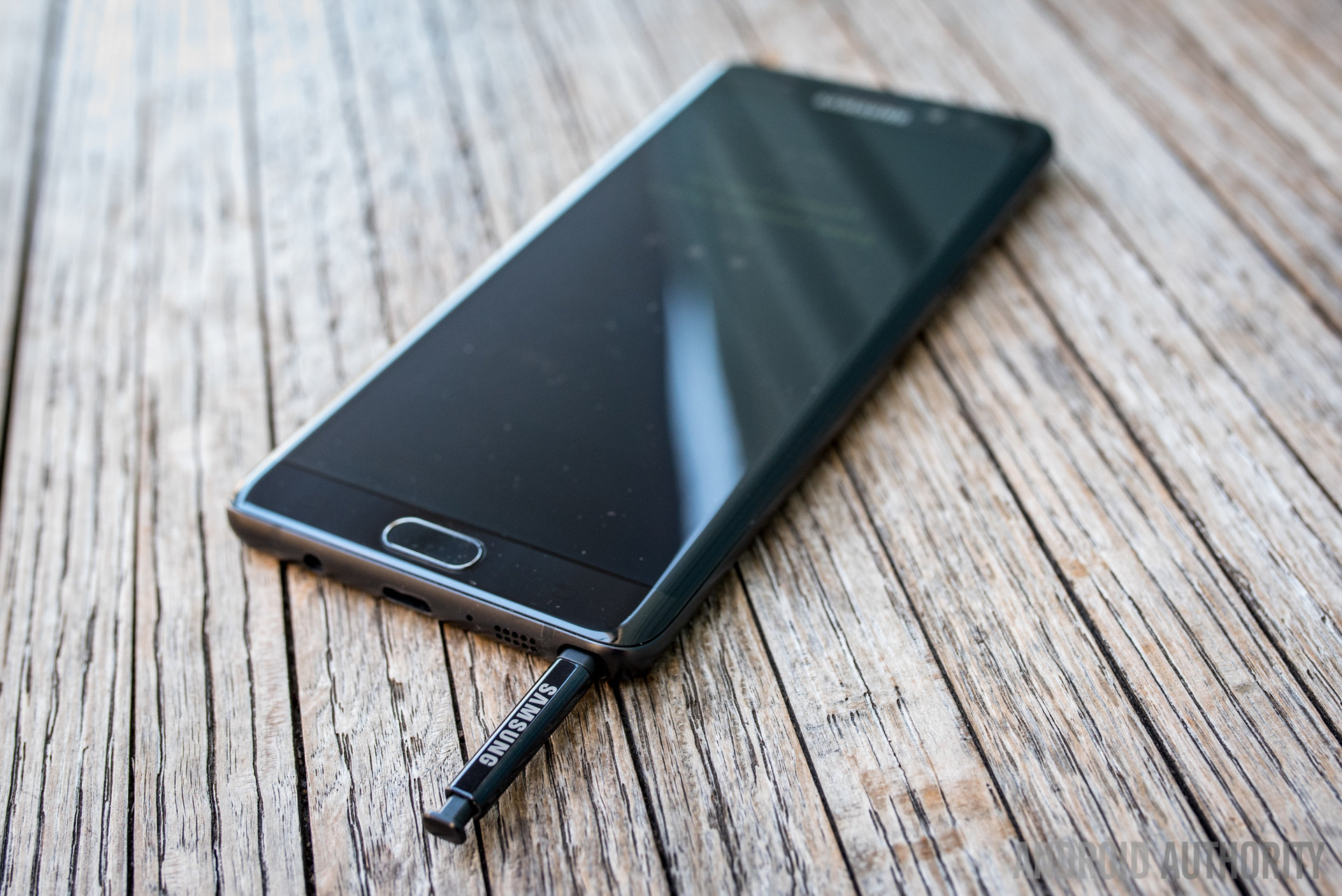Affiliate links on Android Authority may earn us a commission. Learn more.
European Galaxy Note 7 sales expected to restart in November
Published onSeptember 23, 2016

The Galaxy Note 7 recall is now well under way, with fresh safe stock beginning to make its way out to many pre-order consumers. However, it looks like Europe has one again drawn the short straw when it comes Samsung’s Note range, as the company states that sales won’t recommence in the region until sometime in late November.
This news means that Europe isn’t due to start receiving fresh stock for store shelves until much later than the rest of the world. Samsung has already confirmed that it will recommence Note 7 sales in South Korea on September 28th, while sales in Singapore and Australia to be reinstated sometime in October. Retail stock will also return to the US on October 21st. The longer delay will no doubt be a double disappointment to Samsung fans in Europe, who were left off last year’s launch of the Galaxy Note 5 as well.
“We fully expect (new Note7s) to be available everywhere by the end of November … well before the end of the fourth quarter,” – David Lowes, Samsung’s chief marketing officer in Europe
The company also confirmed that most of the affected Note 7 units sold in Europe are located in three main markets – the UK, Germany, and France. In the UK, customers are encouraged to return their device to their carrier or place of purchase, while Samsung is contacting many consumers directly in Germany.

To kick the recall into full swing on the continent, Samsung will be releasing its mandatory software update to all pre-ordered handsets this week. The update limits the battery charge to 60 percent to help prevent explosions and displays messages prompting the user to return their device.
Samsung has pledged not to sell any new Galaxy Note 7 models to consumers until it has completed its exchange program for all of the handsets that are currently on the market. Estimates suggest that there are some 2.5 million units that are due for a replacement worldwide and that the whole saga could cost the company more than $1 billion.